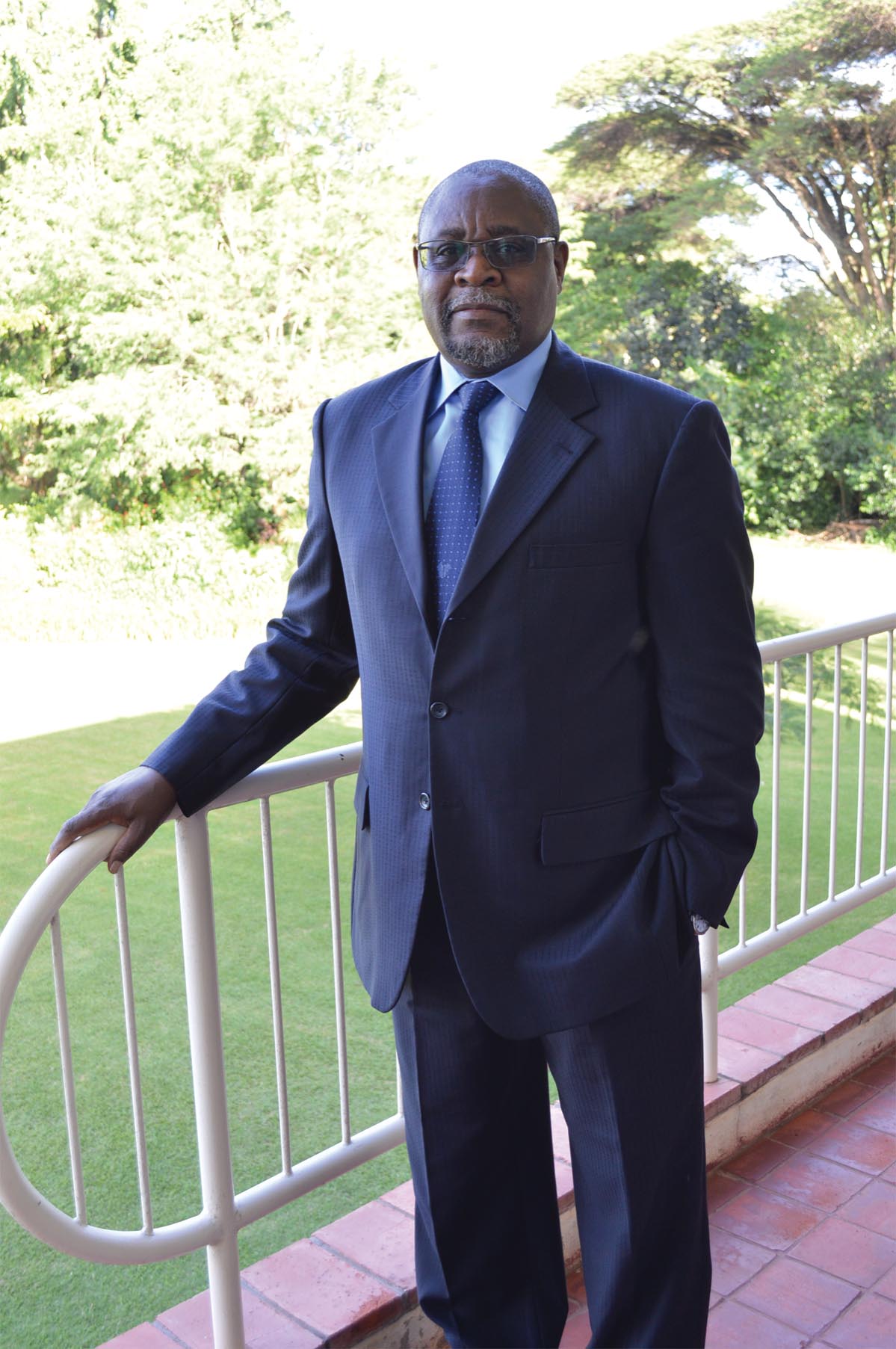
SADC candidate Thomas Zondo Sakala seeks to succeed where other regional compatriots have faltered: winning the African Development Bank (AfDB) presidency.
BY NDAMU SANDU
It is 30 years after Zambian Wila Mungomba ended his five-year term at the helm of the bank, and ever since then, the bloc has been unsuccessful in several attempts to land the top post, thanks to division among members.
This time, the bloc has united and will rally behind Sakala, a Zimbabwean, when the bank’s members elect a new president on Thursday to replace Rwandan Donald Kaberuka who is completing his second and final term on August 31.
The election is held during AfDB’s annual meetings which run from May 25 to 29 in Abidjan, Ivory Coast.
Seven candidates — Akinwumi Adesina (Nigeria), Sufian Ahmed (Ethiopia), Jaloul Ayed (Tunisia), Kordje Bedoumra (Chad), Cristina Duarte (Cape Verde), Samurai Kamara (Sierra Leone) and Malian Birama Boubacar Sidibe —stand in Sakala’s way.
It is a strong cast of some of the best professionals on the continent.
Yet Sakala is the only candidate to have worked for the bank (he joined the bank in 1983) and therefore has the requisite institutional memory to carry the bank forward. He resigned as vice-president Country and Regional Programmes at AfDB to campaign for the top post.
- Chamisa under fire over US$120K donation
- Mavhunga puts DeMbare into Chibuku quarterfinals
- Pension funds bet on Cabora Bassa oilfields
- Councils defy govt fire tender directive
Keep Reading
For a candidate to assume control of the bank, he or she has to garner at least 50,01% of the total voting power of all the member states. The candidate has to get at least 50,01% of the total votes of the regional (African) member states.
Sakala will go into the polls with 14,298% of the total voting power in the bag by virtue of having the support of Sadc. Nigeria’s Adesina has 9,256% of the total voting power, but a candidate needs to garner as much support as possible.
In 2005, Kaberuka had the support of three countries but later prevailed. Zimbabwean Simba Makoni had the support of seven Sadc countries but failed to land the top post due to the country’s international isolation.
Then, Zimbabwe was under international isolation after burning bridges with the west. As evidence of that bad status, neighbour Zambia threw its weight behind Ghanaian candidate Kingsley Amaoko.
This election has so many dynamics. West Africa is fielding four candidates and there are high chances of a vote split. Although East Africa has a single candidate in Ahmed, the sentiment is that the region has run its course after providing Kaberuka and should let other blocs lead the continental body.
Since the bank held elections for president in 1967, the top post has been rotating among the eastern, western, northern and southern regional blocs, meaning no region has had successive candidates at the helm.
A candidate with the lowest votes in the first round will exit the race and his votes will be up for grabs by remaining candidates. This will depend on the relations between countries. In March Finance minister Patrick Chinamasa said he had secured the support of some African countries in the event that their candidates were defeated in earlier rounds.
The key constituency will be the non-African members of the bank. Despite having 40% of the total voting power, this constituency has a big say in the destination of the presidency.
The voting power of a member country is on the basis of payment on account of capital subscriptions.
The new candidate will face a tough task of maintaining the high standards set by Kaberuka who transformed the bank into a truly African institution, providing African solutions to the myriad of problems besetting the continent.
Sakala has said that an AfDB under his leadership would be responsive during situations of fragility, emergency and conflict.
If elected, Sakala said AfDB would focus on five key areas —closing the infrastructure gap, regional integration, solving fragility and conflicts, private sector development, and gender equality.
Five cabinet ministers, one former minister and two bankers are vying for the top office in African banking.
Members hope that the eight candidates “never lie so much as after a hunt, during a war or before an election”, as former German chancellor Otto Von Bismark once remarked.
Past Presidents
l Mamoun Beheiry (Sudan) — November 1967 to August 1970.
l Abdelwahad Labidi (Tunisia) — August 1970 to May 1976.
l Kwame Donkor Fordwor (Ghana) — May 1976 to July 1979
l Goodall Gondwe (Malawi) Caretaker capacity — 1979-1980.
l Wila D. Mungomba (Zambia) — June 1980 to May 1985.
l Omar Kabbaj (Morocco) — August 1995 to August 2005.











